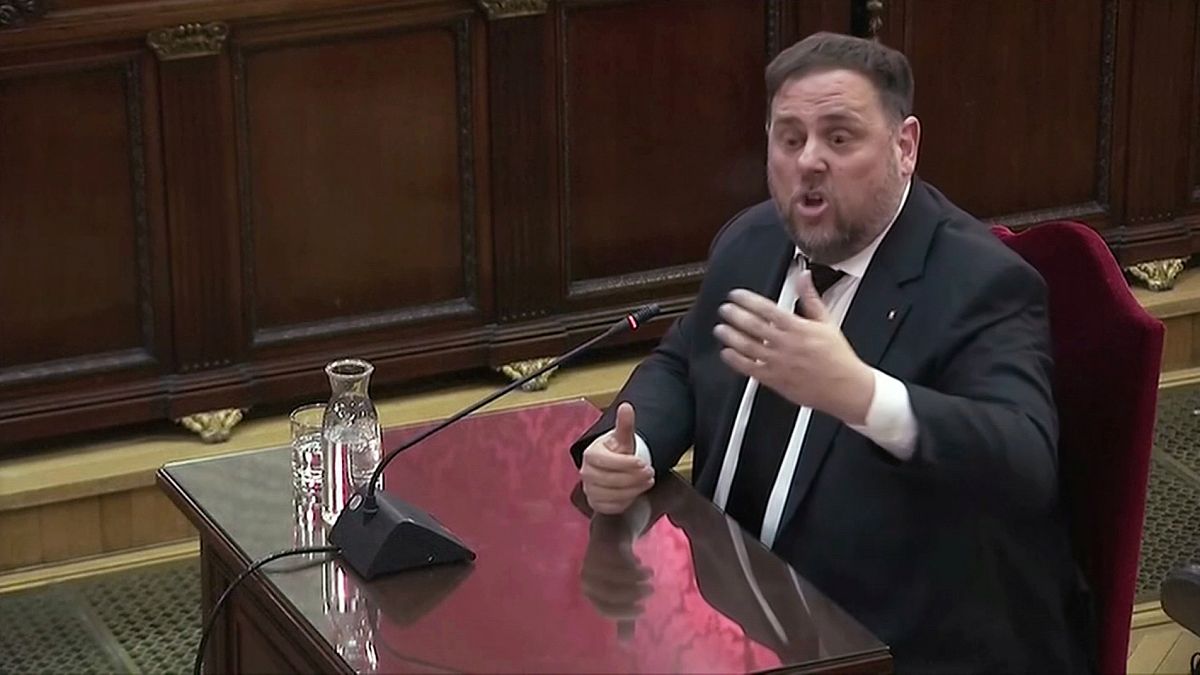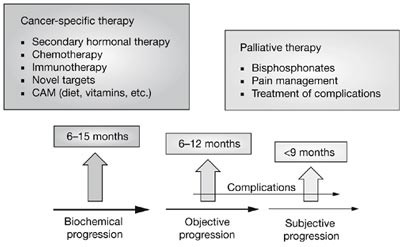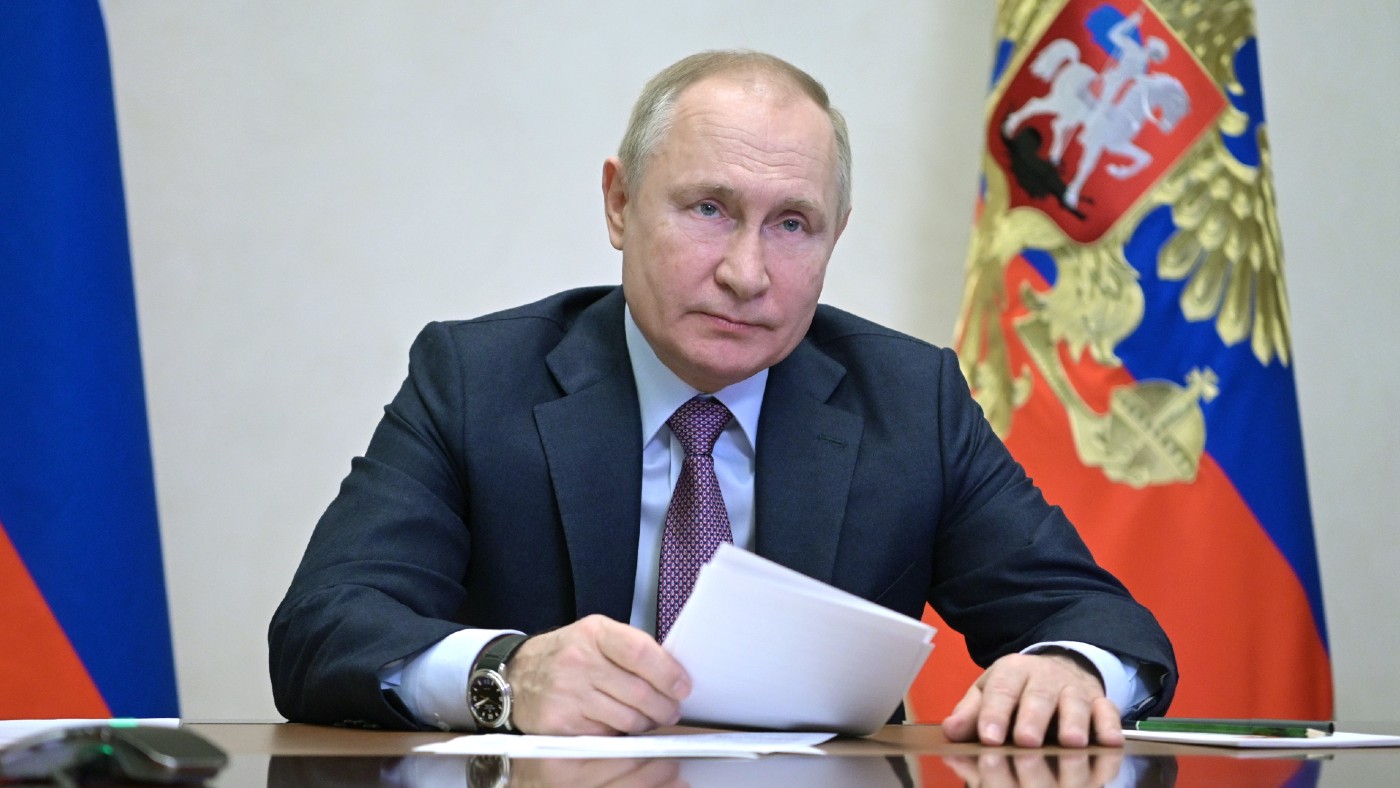
- Select a language for the TTS:
- UK English Female
- UK English Male
- US English Female
- US English Male
- Australian Female
- Australian Male
- Language selected: (auto detect) - EN
Play all audios:
By Pascale Davies Published on 14/02/2019 - 19:23 GMT+1•Updated 19:49 Spain has entered its third day of a landmark case that has exposed the deep rifts in the country and triggered a
political crisis with the northeastern region of Catalonia. The most prominent of the 12 Catalan separatist leaders was the first to be tried on Thursday. Oriol Junqueras said he believed
he was "a political prisoner" and that he was "being accused for his ideas" and not for his deeds. The former Catalan deputy leader is facing the longest prison sentence
of 25 years for charges of rebellion in the 2017 bid to break away from Spain. Junqueras effectively began his trial by refusing to recognise the court by agreeing to only take questions
from his defence lawyer and not the prosecution. “This is a political trial and I refuse to answer to my accusers... I am a political prisoner and I am on trial for my ideas,” he said during
two hours of questioning. Junqueras has been in prison since November 2017 and still chairs the ERC, the left-wing pro-independence party that governs Catalonia with the PDeCat party. He
told the court that he rejected any suggestion that he had incited violence, which is a fundamental argument for the charge of rebellion. “We are republicans first and then separatists, but
above all we are democrats,” he said. “We are convinced that a republic of Catalonia is the best way to create a just society. We have always pursued this goal and will continue to do so,
whatever the outcome of this trial. Sending us to jail won’t solve anything." Earlier on Thursday, Manuel Marchena, the chairman of the seven judges hearing the case, refused a request
for the former Catalan leader Carles Puigdemont to appear as a witness. Marchena argued that Puigdemont could not “be a defendant in the morning and a witness in the afternoon”. Former
interior minister Joaquim Forn, who was in charge of Catalan police during the 2017 referendum, took to the stand after Junqueras but did answer the prosecution. Forn said the Mossos
d’Esquadra force had never acted in a way that infringed the constitution by obeying Spain's High Court's instructions to prevent the vote from happening. _SEE MORE: CATALAN
SEPARATISTS' TRIAL: HOW THEY GOT HERE AND WHAT'S NEXT? | EURONEWS ANSWERS_




